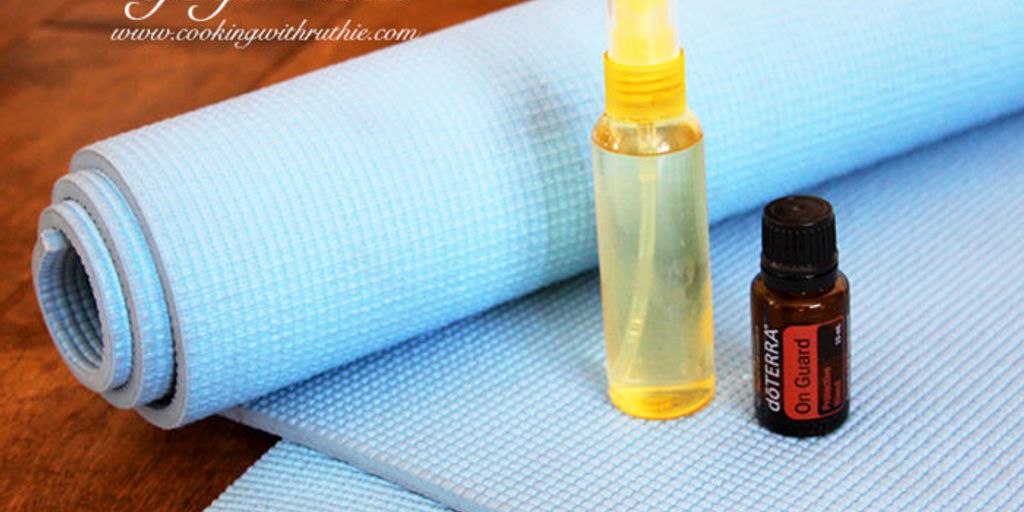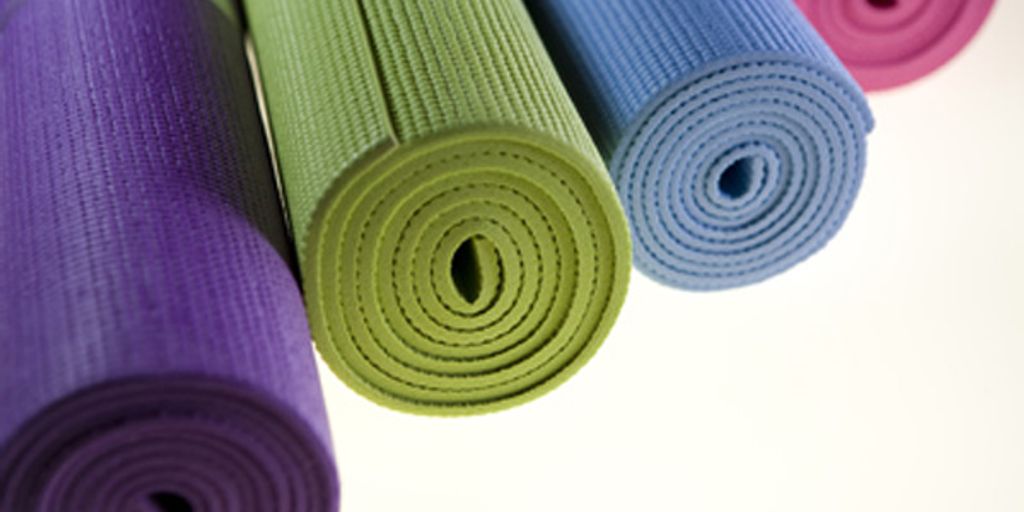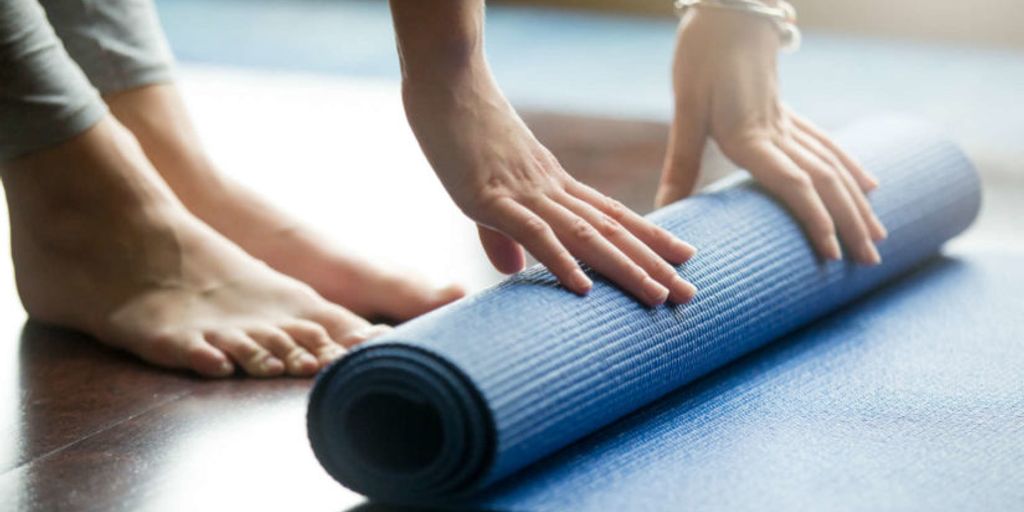
Choosing the Best Non-Toxic Yoga Mat for a Healthier Practice
Choosing the right yoga mat is crucial for a healthy and sustainable practice. With growing awareness about the harmful effects of toxic materials, many practitioners are turning to non-toxic yoga mats. These mats not only ensure a safer practice but also contribute to environmental well-being. This article will guide you through the importance of non-toxic yoga mats, the materials to look for, certifications to trust, top brands, care tips, and where to buy them.
Key Takeaways
- Non-toxic yoga mats are essential for a healthier practice and a cleaner environment.
- Look for materials like natural rubber, organic cotton, and jute when choosing a non-toxic yoga mat.
- Certifications such as OEKO-TEX, GOTS, and GreenGuard can help you identify trustworthy non-toxic yoga mats.
- Top brands offer a range of non-toxic yoga mats with varying price points and quality levels.
- Proper care, including regular cleaning and correct storage, can extend the lifespan of your non-toxic yoga mat.
Understanding the Importance of Non-Toxic Yoga Mats
Choosing the right yoga mat is crucial for a healthier practice. Non-toxic yoga mats are becoming increasingly popular as more people become aware of their benefits. These mats are not only better for our health but also kinder to the environment.
Health Risks of Toxic Materials
Many conventional yoga mats are made from PVC, which can release harmful chemicals. These chemicals can cause respiratory issues and skin irritation. Opting for non-toxic alternatives can significantly reduce these health risks.
Environmental Impact
The production and disposal of toxic yoga mats contribute to environmental pollution. Non-toxic mats, often made from sustainable materials, help reduce this impact. They are biodegradable and have a smaller carbon footprint.
Benefits of Non-Toxic Alternatives
Non-toxic yoga mats offer numerous benefits, including improved durability and better grip. They are also free from harmful chemicals, making them safer for daily use. As yogis become more environmentally conscious, the demand for these mats has surged.
Investing in a non-toxic yoga mat is a step towards a healthier and more sustainable lifestyle.
Materials to Look for in Non-Toxic Yoga Mats
When selecting a yoga mat, it's crucial to stay safe and healthy with a non-toxic yoga mat. Choosing the right materials can make a significant difference in both your practice and the environment. Here are some of the best materials to consider:
Natural Rubber
Natural rubber is a popular choice for non-toxic yoga mats. It is biodegradable and provides excellent grip, making it ideal for various types of yoga practices. Additionally, natural rubber is free from harmful chemicals, ensuring a safer experience.
Organic Cotton
Organic cotton mats are another excellent option. These mats are made from natural fibers and are free from synthetic pesticides and fertilizers. They offer a soft and comfortable surface, perfect for gentle yoga practices and meditation.
Jute
Jute is a sustainable material that is both durable and eco-friendly. Jute mats provide a unique texture that enhances grip and stability. They are also naturally resistant to microbes, making them a hygienic choice for your yoga practice.
By choosing eco-friendly materials, you not only protect your health but also contribute to a healthier planet. Trust certifications, and avoid harmful chemicals for a safer yoga practice.
Certifications and Standards for Non-Toxic Yoga Mats
When choosing a non-toxic yoga mat, it's essential to understand the various certifications and standards that ensure the product's safety and eco-friendliness. Certifications to Trust include GOTS (Global Organic Textile Standard) and FSC (Forest Stewardship Council). These certifications guarantee that the materials used are organic and sustainably sourced. For instance, Brentwood Home offers the only yoga mat I've found with a comfy GOTS certified organic cotton upper and a non-slip FSC certified natural rubber base for grip.
Understanding Labels is crucial for making an informed decision. Labels such as OEKO-TEX and GREENGUARD indicate that the mat has been tested for harmful substances and meets stringent safety criteria. These labels provide peace of mind that the product is free from toxic chemicals.
Third-Party Testing adds an extra layer of assurance. Independent organizations conduct rigorous tests to verify the claims made by manufacturers. This ensures that the yoga mat you choose is genuinely non-toxic and safe for use.
Opting for a yoga mat with recognized certifications and standards not only benefits your health but also supports sustainable practices.
Top Brands Offering Non-Toxic Yoga Mats
Brand Reviews
When it comes to non-toxic yoga mats, several brands stand out for their commitment to health and sustainability. Manduka is renowned for its eco-friendly mats made from natural rubber. Jade Yoga offers mats that are not only non-toxic but also biodegradable. Liforme is another top contender, known for its use of eco-polyurethane and rubber.
Customer Feedback
Customer reviews highlight the durability and comfort of these mats. Many users appreciate the non-slip surface and the absence of chemical odors. Here are some common praises:
- Manduka: Long-lasting, excellent grip
- Jade Yoga: Comfortable, eco-friendly
- Liforme: Great alignment guides, non-toxic materials
Price vs. Quality
| Brand | Price Range | Quality Rating |
|---|---|---|
| Manduka | $80-$120 | 9/10 |
| Jade Yoga | $70-$100 | 8.5/10 |
| Liforme | $100-$140 | 9.5/10 |
Investing in a high-quality, non-toxic yoga mat can significantly enhance your practice while ensuring a healthier environment.
How to Care for Your Non-Toxic Yoga Mat
Cleaning Tips
Regular cleaning is essential to maintain the hygiene and longevity of your non-toxic yoga mat. Use a gentle, natural cleaner like a mixture of water and vinegar or a mild soap. Avoid harsh chemicals that can degrade the material. Wipe down your mat after each use and deep clean it once a month.
Storage Solutions
Proper storage can significantly extend the life of your yoga mat. Roll your mat loosely and store it in a cool, dry place away from direct sunlight. Avoid folding the mat as it can cause creases and damage the material. Using a yoga mat bag can also protect it from dust and dirt.
Extending the Lifespan
To get the most out of your non-toxic yoga mat, rotate it regularly to ensure even wear. Avoid wearing shoes on the mat and keep it away from sharp objects. If your mat starts to show signs of wear, consider repurposing it for other uses like a kneeling pad for gardening.
Taking good care of your non-toxic yoga mat not only ensures a healthier practice but also contributes to a more sustainable lifestyle.
Where to Buy Non-Toxic Yoga Mats
When it comes to purchasing non-toxic yoga mats, there are several options available to suit your needs and preferences. Online retailers offer a wide variety of choices, often with detailed product descriptions and customer reviews to help you make an informed decision. Websites like Amazon, Manduka, and Gaiam are popular for their extensive collections of eco-friendly yoga mats.
Online Retailers
- Amazon: Known for its vast selection and customer reviews.
- Manduka: Specializes in high-quality, durable yoga mats.
- Gaiam: Offers a range of eco-friendly options.
Physical Stores
If you prefer to see and feel the product before buying, physical stores are a great option. Sporting goods stores, yoga studios, and wellness shops often carry non-toxic yoga mats. This allows you to assess the texture, thickness, and overall quality firsthand.
Specialty Shops
For those looking for unique or high-end options, specialty shops can be a treasure trove. These stores often focus on sustainable and eco-friendly products, ensuring that the yoga mats they offer are made with precision and passion. Specialty shops may also provide personalized recommendations based on your specific needs and preferences.
Shopping at specialty shops can give you access to unique, high-quality products that are not available in mainstream stores.
Looking for the best non-toxic yoga mats? Look no further! At Yune Yoga, we offer a wide range of eco-friendly and high-quality yoga mats that are perfect for your practice. Visit our website today to explore our collection and find the perfect mat for you. Don't miss out on our exclusive offers and free shipping on all orders!
Conclusion
Choosing the best non-toxic yoga mat is a crucial step towards ensuring a healthier and more mindful practice. By considering factors such as material composition, eco-friendliness, durability, and comfort, you can find a mat that not only supports your physical well-being but also aligns with your values. Remember, investing in a high-quality, non-toxic yoga mat is an investment in your health and the environment. Take the time to research and select a mat that meets your needs, and enjoy a safer, more sustainable yoga practice.
Frequently Asked Questions
Why should I choose a non-toxic yoga mat?
Non-toxic yoga mats are made from materials that do not release harmful chemicals, ensuring a healthier practice for you and a reduced environmental impact.
What materials are considered non-toxic for yoga mats?
Materials such as natural rubber, organic cotton, and jute are commonly used in non-toxic yoga mats due to their eco-friendly and health-safe properties.
How can I identify a non-toxic yoga mat?
Look for certifications from trusted organizations, read labels carefully, and check for third-party testing to ensure the mat is free from harmful substances.
Are non-toxic yoga mats more expensive?
Non-toxic yoga mats can be more expensive due to the use of high-quality, eco-friendly materials, but they offer better health benefits and durability, making them a worthwhile investment.
How do I clean and maintain my non-toxic yoga mat?
To clean your non-toxic yoga mat, use a mixture of water and mild soap, wipe it down with a soft cloth, and let it air dry. Avoid using harsh chemicals or submerging the mat in water.
Where can I buy non-toxic yoga mats?
Non-toxic yoga mats can be found at online retailers, physical stores, and specialty shops that focus on eco-friendly and health-conscious products.


